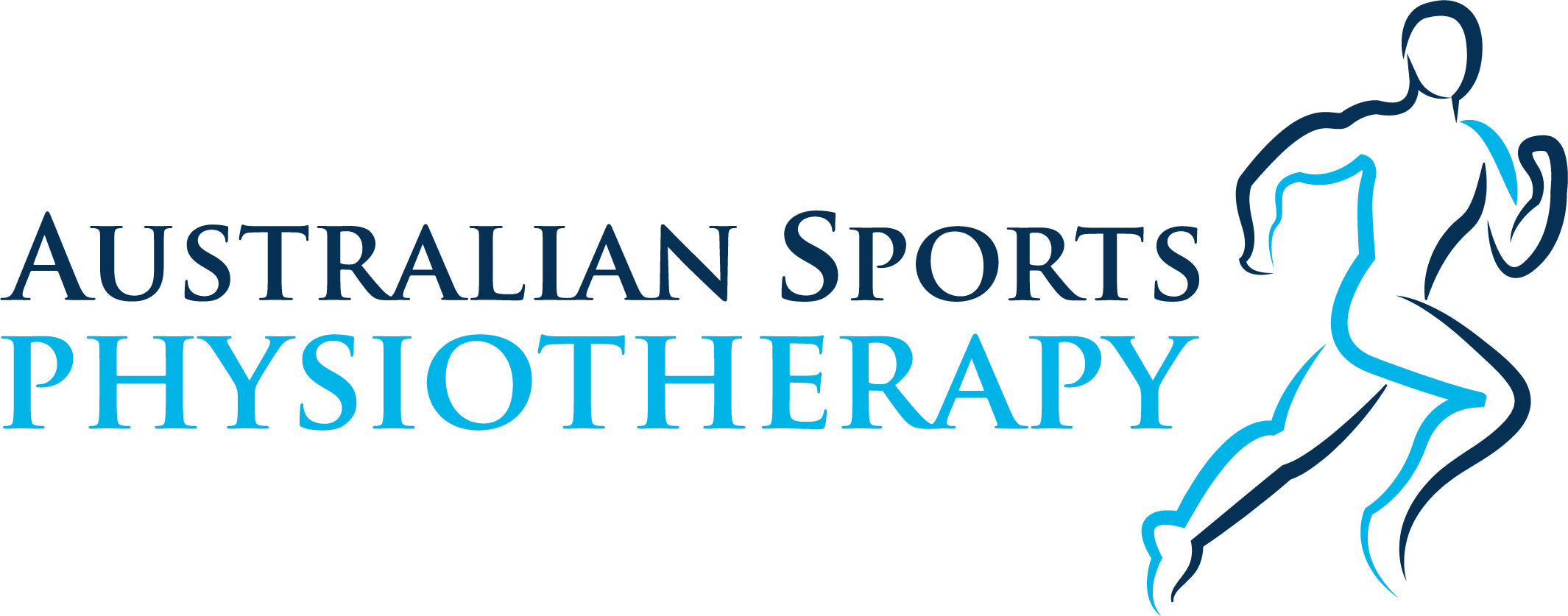Carpal tunnel syndrome is a fairly common ailment. Fortunately, most carpal tunnel syndrome patients benefit from physiotherapy, particularly those with mild to moderate symptoms.
Physiotherapists improve people’s lives by providing hands-on care, patient education, and prescribed exercises. Physiotherapy is also a non-invasive, safe and cost-effective way to treat carpal tunnel syndrome.
What is the carpal tunnel?
Your carpal tunnel protects the median nerve, blood vessels, and tendons travelling to and from your hand. A band of strong ligaments (flexor retinaculum) connects the palm side of your wrist to the carpal (wrist) bones on either side. The back of the tunnel is a curved collection of wrist bones.
What is carpal tunnel syndrome?
Carpal tunnel syndrome occurs when the median nerve is compressed and passes through the wrist. Swollen tendons frequently cause this in the wrist and press on the nerve. The median nerve controls some muscles that move the thumb. It also sends information about your thumb and finger sensations to your brain.
Squeezing the nerve can cause pain, aching, tingling, or numbness in the affected hand. The symptoms are worse at night and may interfere with your sleep, but you may notice them the most when you wake up in the morning. However, hanging your hand out of bed and shaking it does help relieve pain and tingling.

What causes carpal tunnel syndrome?
- Work-related activities such as typing and repetitive movements are frequently to blame. If your job requires a lot of wrist movement or you use vibrating tools, your chances of getting carpal tunnel syndrome are higher.
- Maintaining a bent wrist for extended periods, as in writing, sewing, painting and computer work.
- Thyroid disease.
- Overloading the wrist and fingers.
- Diabetes.
- A previous wrist fracture or injury.
- Arthritis of the wrist.
- Pregnancy.
Symptoms of carpal tunnel syndrome?
Compression of this nerve causes pain, tingling, numbness, pins and needles, and burning in the fingers, palm, and forearm.
Symptoms typically appear in the thumb, middle finger, index finger, and the ring finger’s radial half (thumb side), with some variation.
Swelling, difficulty distinguishing between hot and cold temperatures, and decreased hand coordination are also symptoms.
The pain may also radiate up the affected arm. Hand weakness, decreased fine motor coordination, clumsiness, and thenar atrophy can occur as the disease progresses.
During the day, you may not notice the problem at all, but certain activities, such as writing, typing, DIY, or housework, can trigger symptoms.
People suffering from this condition frequently wake up at night with symptoms and must shake their hand to get relief.
Does physiotherapy help carpal tunnel?
A physiotherapist is a medical professional who can help you reduce pain and regain strength and mobility. Physiotherapy’s goal is to help patients reduce pain and increase mobility.
Your physiotherapist will prescribe stretching and exercises to mobilise the median nerve, strengthen the muscles around the wrist, and extend the structures around the wrist to help settle and alleviate symptoms and prevent recurrences.
Your physiotherapist may also recommend a brace. This will be worn at night to keep your wrist straight. You may also wear it during the day if you do activities that may aggravate your symptoms.
Your physiotherapist may also recommend the following:
- Changes you can make at work, at home, and in your spare time to help reduce your symptoms.
- A special hand traction device that aids in stretching the carpal tunnel area.
- Ultrasound uses high-frequency vibrations to alleviate symptoms.
Is squeezing a ball good for carpal tunnel?
Squeezing a spongy rubber ball can help strengthen your grip. Squeeze the ball for 10 seconds in the centre of your palm. Repeat the exercise 5 times, 3-5 times per week. While a pinched median nerve causes carpal tunnel syndrome, the activity of squeezing a ball may alleviate muscle weakness.

What is the fastest way to get rid of carpal tunnel?
The quickest way to get rid of carpal tunnel is to follow your physiotherapist’s advice and treatment plan. Rest from aggravating activities is also essential for settling inflammation and alleviating symptoms. Reducing the inflammation caused by a fracture or an injured tendon will aid in the reduction of pressure in the carpal tunnel.
Final thoughts
Identifying the cause and contributing factors is critical in treating carpal tunnel syndrome. Carpal tunnel syndrome is sometimes misdiagnosed as something else due to similar symptoms caused by pressure on nerves in the neck caused by disc problems or arthritis.
The severity of the nerve compression will determine the course of treatment. If your hand muscles are weak, you should seek medical attention immediately.








